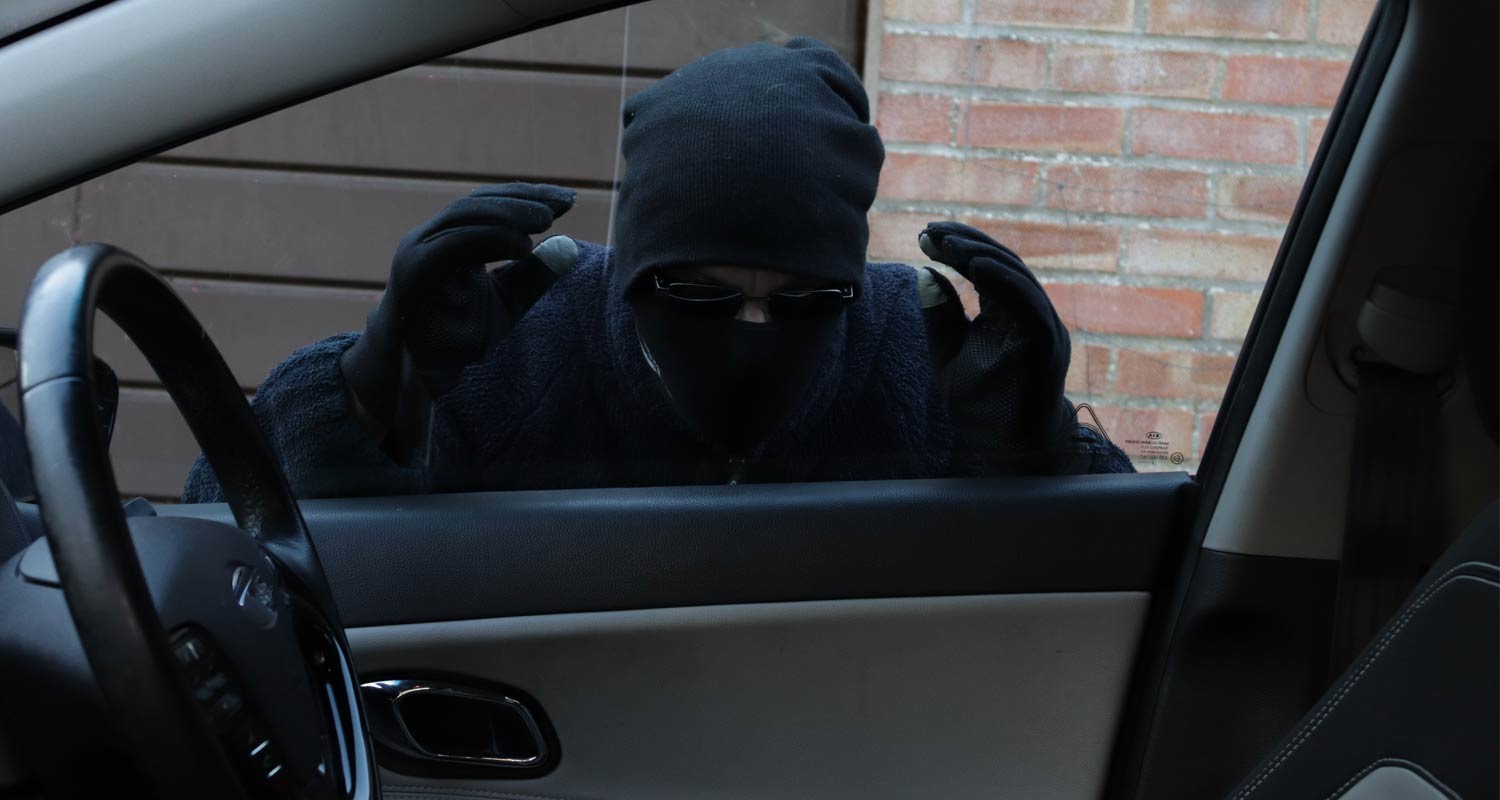 A Johannesburg-based start-up is using fingerprint technology to enhance fleet control and prevent teenagers from going on dangerous joyrides.
A Johannesburg-based start-up is using fingerprint technology to enhance fleet control and prevent teenagers from going on dangerous joyrides.
Eagle-Eye Defence, a security company founded by accountant Iviwe Mosana and mechatronics engineer Naadir Vorajee, is using biometric authentication to bolster vehicle security and owners’ control over their vehicles.
TechCentral spoke to Mosana to learn more about how the company is using technology to combat vehicle theft.
“We want to give owners more control over their assets,” he said. “Control is three parts: you have a preventative, a protective and a corrective aspect. A large portion of the current offerings [in the market] drill in on the corrective aspect, which deals with what to do after something has already happened to the asset. We chose to focus on the preventative and protective aspects of vehicle ownership.”
Eagle-Eye’s biometric technology allows vehicle owners and owner-approved drivers to be the only people who can start a fitted vehicle using either their fingerprint or facial recognition.
Using an accompanying smartphone app, owners can suspend or revoke access from drivers and even disable the vehicle’s ignition at the press of a button.
“It can help businesses manage their fleets or help a parent stop their child who might still be new to driving, if they go outside the area they agreed to,” said Mosana.
Tragedy
According to the Arrive Alive website, teenage drivers are four times more likely than older drivers to crash since their inexperience causes them to underestimate dangerous situations. Teens are also more likely to speed, drink and drive, and engage in other reckless driving behaviour.
Mosana’s motivation for developing Eagle-Eye’s solution stems from a tragic 2016 joyride. His younger brother stole their parents’ car only to end up in an accident in which two of his friends were killed. Eagle-Eye’s solution, said Mosana, can prevent such situations.
Businesses, on the other hand, are struggling against the growing threat of crime on their fleets. As sales shift away from traditional brick-and-mortar outlets into the online space, criminals are targeting the resultant boom in delivery vehicles, hampering the growth of e-commerce in the process.
TCS | How ShotSpotter is fighting gun crime in Cape Town
According to a blog post on the Tracker website, vehicle-related crime in South Africa is often planned and systematic. Local criminals are also taking advantage of load shedding and in some cases are luring their victims by placing an order.
“Authentication can be requested at specified intervals and an alert can be sent to the owner or manager if it fails. The manager can then contact the driver to check in on them in case something has gone wrong,” said Mosana.

Eagle-Eye has tested its solution on five vehicles its owns, helping the team debug the installation process along the way.
“Our first installation took us the whole day, but now we can confidently do it in two hours,” said Mosana. A commercial roll-out of the product has been restricted by licensing requirements, which are regulated by Icasa. “We have a provisional radio ‘type’ equipment approval certificate, which allows us to install in our own vehicles. We have applied for the full licence and expect to be selling our solution to third-party clients around the middle of next year,” he said.
Read: How crime is hurting e-commerce in South Africa
Other than the two-hour installation time, everything else about using the Eagle-Eye system emphasises a time-efficient experience. According to Mosana, setting up a fingerprint profile takes less than five minutes and the authentication process itself takes only a few seconds. – © 2023 NewsCentral Media

